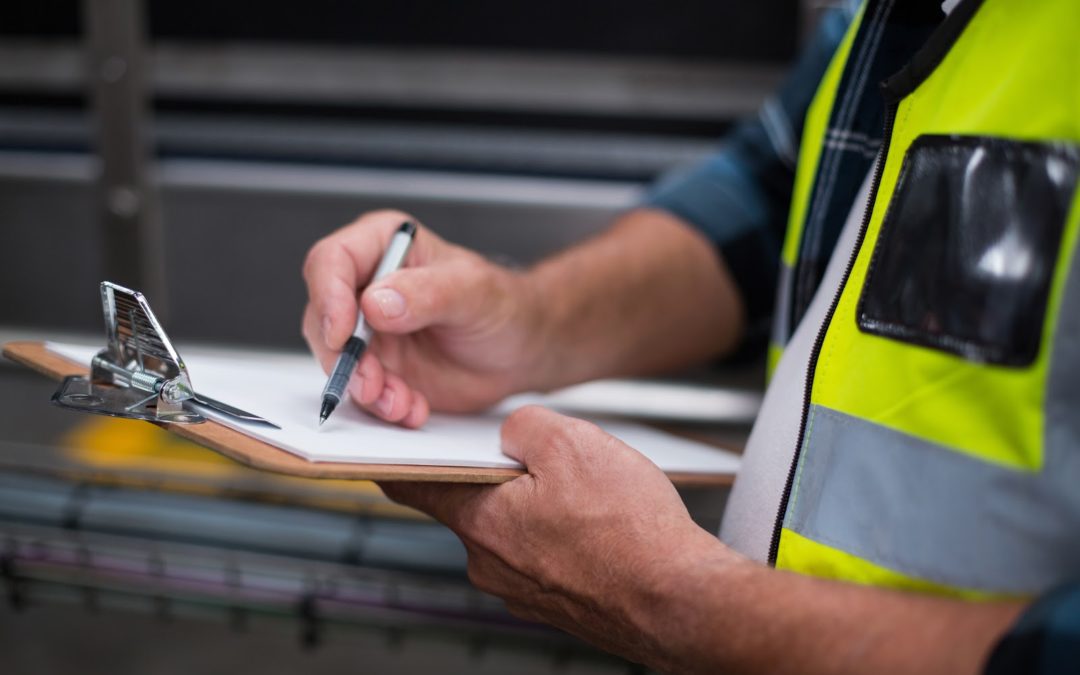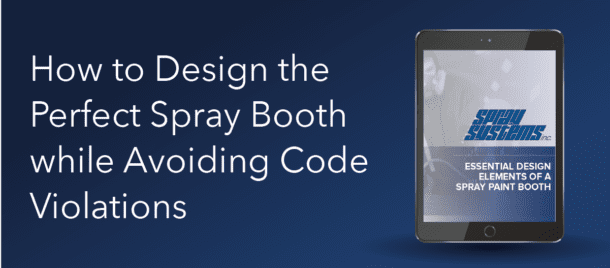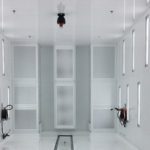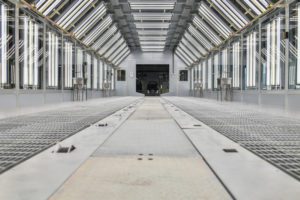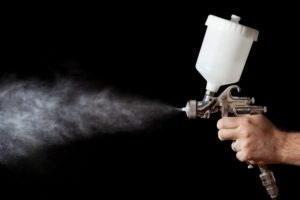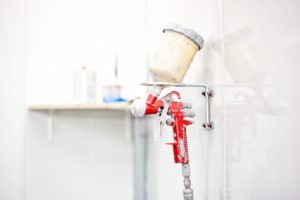Read Time: 3.5 minutes
Summary
- Changing out the filters is the most common form of booth maintenance for most paint booth operations. Filter maintenance is extremely important as operating a booth with used or clogged filters can increase operating costs, compromise worker safety and reduce airflow in the booth that can diminish the quality of the spray or finish coating.
- It’s no secret that booth interiors can get messy, especially if they aren’t cleaned on a regular basis. Debris and overspray residue can compromise a newly finished part and can cause a general drop in booth efficiency and finish quality.
- Spray booths maintenance and cleanings should be conducted regularly and can be included when changing the filters to reduce downtime.
- Every booth should undergo a full evaluation at least once a year to identify any early signs of problems that may not be obvious during daily operations. A complete evaluation from a qualified booth technician can help prevent any minor issues before they cause a more serious problem such as a booth shut-down. .
- Booths should be immediately powered off if there is a sudden change in performance or if operators notice strange smells or sounds coming from the unit. Continuing to operate a malfunctioning booth creates a safety hazard and can severely damage additional components over time, leading to higher repair costs.
Spray booths are a pivotal component in the production process for operators across many industries, ranging from aerospace manufacturers to automotive service providers. In some cases, booths are a critical chokepoint that determines the total output and efficiency of the entire facility. This means that in order to maintain optimum spray paint booth operations, owners need to regularly check and evaluate the performance of the booth components that are most likely to affect the results of their finishing application, as well as know when the repairs require a professional technician.
Filter Upkeep and Replacement
Swapping out the filters is the most common form of booth maintenance for most operators, it may be basic, but it’s also extremely important as using old or clogged filters can increase operating costs, compromise worker safety and diminish the quality of the spray or finish coating. Depending on your operations, filters may need to be changed in a matter of days, weeks or months.
Creating an effective filter change schedule requires accurate knowledge regarding demands placed on the booth as well as the type of filtration system in the unit. Remember to keep your manometer (Draft Gauge) which measures the pressure differential across the filters. This gauge is critical in monitoring the filter loading and the operation of the booth. As a comprehensive provider of spray booth solutions, Spray Systems helps our customers calculate these variables to develop an optimized filtration maintenance routine that maximizes the lifespan of filter components and helps operators make better use of their resources without compromising the finish quality.
Keeping the Booth Clean
It’s no secret that booth interiors can get messy, especially if they aren’t cleaned on a regular basis. Unfortunately, debris and spray residue can compromise new coatings and cause a general drop in booth efficiency and finish quality. Many operators mitigate this by applying a removable spray or film to coat the interior surfaces of the booth, which they remove and replace during cleaning sessions.
Spray booths cleanings should be conducted regularly and can be included alongside filter changes to reduce downtime. The booth’s main control panel should be completely powered off. In addition, be sure to follow the required lock-out-tag-out procedures before any kind of repair, cleaning or maintenance. Workers should also wear full protective equipment, including masks and gloves, whether they clean the booth by hand or with pressure washing tools.
Yearly Inspection
Every booth should undergo a full evaluation at least once a year to identify any early signs of problems that may not be obvious during daily operations. Facilities that rely on their booths or put them to heavy, consistent use should consider doing inspections two or more times each year. A complete evaluation from a qualified booth technician can help to catch and prevent major problems before they cause noticeable damage to your facility and operations or put your employees’ safety at risk.
Troubleshooting and Repairing Spray Booths
Businesses that rely on their booths may be tempted to press forward even if their unit shows signs of malfunction, but this can have serious consequences for both employees and the booth itself. Booths should be immediately powered off if there is a sudden change in performance or if operators notice strange smells or sounds coming from the booth. Continuing to operate a malfunctioning booth creates a safety hazard and can severely damage additional components over time, leading to higher repair costs.
Booth owners should consult with their booth manufacturer to determine the best course of action for addressing the problem. Usually, operators are advised to have a qualified technician troubleshoot their unit and make repairs from there. Attempting to repair a booth without the necessary training or tools can be a risky undertaking and may also void applicable product guarantees.
For more than 40 years, Spray Systems has delivered the highest quality spray booths and sophisticated finishing systems to our customers. Backed by our years of industry experience and expertise and our team of highly-skilled personnel, we can provide superior quality and responsive support to answer any questions you may have or troubleshoot any issues you may be experiencing. Contact us today to experience our commitment to customer service.
